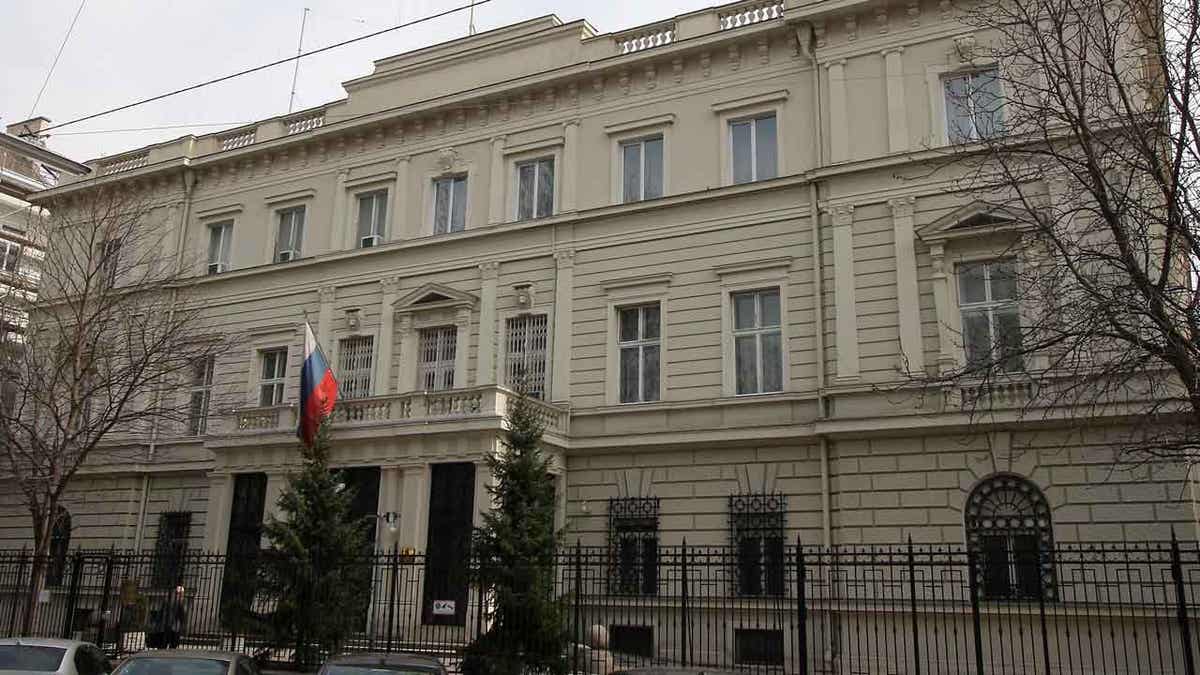Fox News Flash top headlines for February 2
Fox News Flash top headlines are here. Check out what's clicking on Foxnews.com.
Austria's government said Thursday that it has ordered four Russian diplomats based in Vienna, including two at Moscow's mission to U.N. agencies in the city, to leave the country.
The Foreign Ministry said in a brief statement that two diplomats at the Russian Embassy had "engaged in acts incompatible with their diplomatic status" and two at the permanent mission to the United Nations in Vienna "committed acts incompatible with the Headquarters Agreement." It didn't elaborate.
The diplomats were given a week to leave Austria.
KICKING RUSSIA OUT OF THE UNITED NATIONS SECURITY COUNCIL 'NOT THE RIGHT SOLUTION' ARGUES SPOKESMAN
Western European nations and Russia have expelled each others' diplomats on several occasions since Moscow's full-scale invasion of Ukraine started nearly a year ago.
Austria, a European Union member that has a policy of military neutrality, has given aid to Ukraine but not military equipment. President Alexander Van der Bellen was in Kyiv on Wednesday on a trip meant to underline Austria's solidarity.

The Russian embassy in Vienna, Austria, is shown on March 19, 2010. Austria's government has ordered four Russian diplomats to leave the country. (AP Photo/Ronald Zak, File)
Vienna is home to U.N. agencies including the International Atomic Energy Agency and the U.N. Office on Drugs and Crime.
THE UNITED NATIONS: IS IT WORTH ALL THE MONEY?
The Russian Foreign Ministry said it would respond in kind to the diplomats’ expulsion, according to state news agency Tass.
Russia’s ambassador to Austria, Dmitry Lyubinsky, said in televised remarks that he and Mikhail Ulyanov, the ambassador to international organizations in Vienna, separately visited the Austrian Foreign Ministry late Wednesday to hear about the decision.
CLICK HERE TO GET THE FOX NEWS APP
"We voiced a resolute protest, rejected the unfounded allegations and warned about the inevitability of retaliatory measures," he said.
Lyubinsky added that Austrian authorities failed to make specific accusations beyond "unfounded claims and vague references to the opinion of special services." He said the decision would affect Austria's position "as a neutral international platform for negotiations."









































